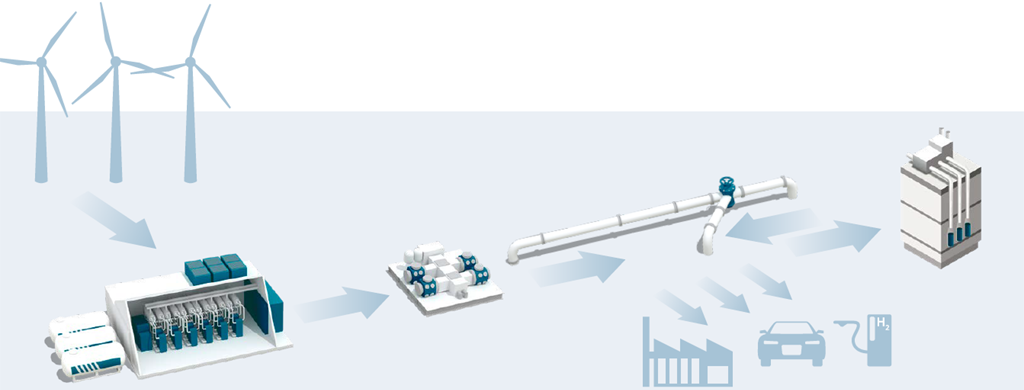Europe wants to be climate-neutral by 2050. Hydrogen will play an important role in achieving this. But where will the hydrogen come from? This is currently the subject of intense debate. One thing is certain: Germany will be dependent on large quantities of imported hydrogen in the first few years of the hydrogen ramp-up. Studies assume that 50–70 per cent of the demand will be imported.
The study "Potential for a Baltic Hydrogen Offshore Backbone", commissioned by DNV from infrastructure operator GASCADE, analysed the Baltic region and came to the conclusion that there is considerable potential for the production of cheap, green hydrogen. With the onshore production of hydrogen, Finland in particular could become an important hydrogen supplier and make a significant contribution to diversifying Europe's sources and energy independence.
The Baltic Sea region is not only a stable source from a geopolitical point of view: "If we are aware of such a large and comparatively cheap potential right on our doorstep, it would be criminal not to exploit it," emphasises GASCADE Managing Director Ulrich Benterbusch with a view to the desire for energy supply security in the emerging hydrogen market.


